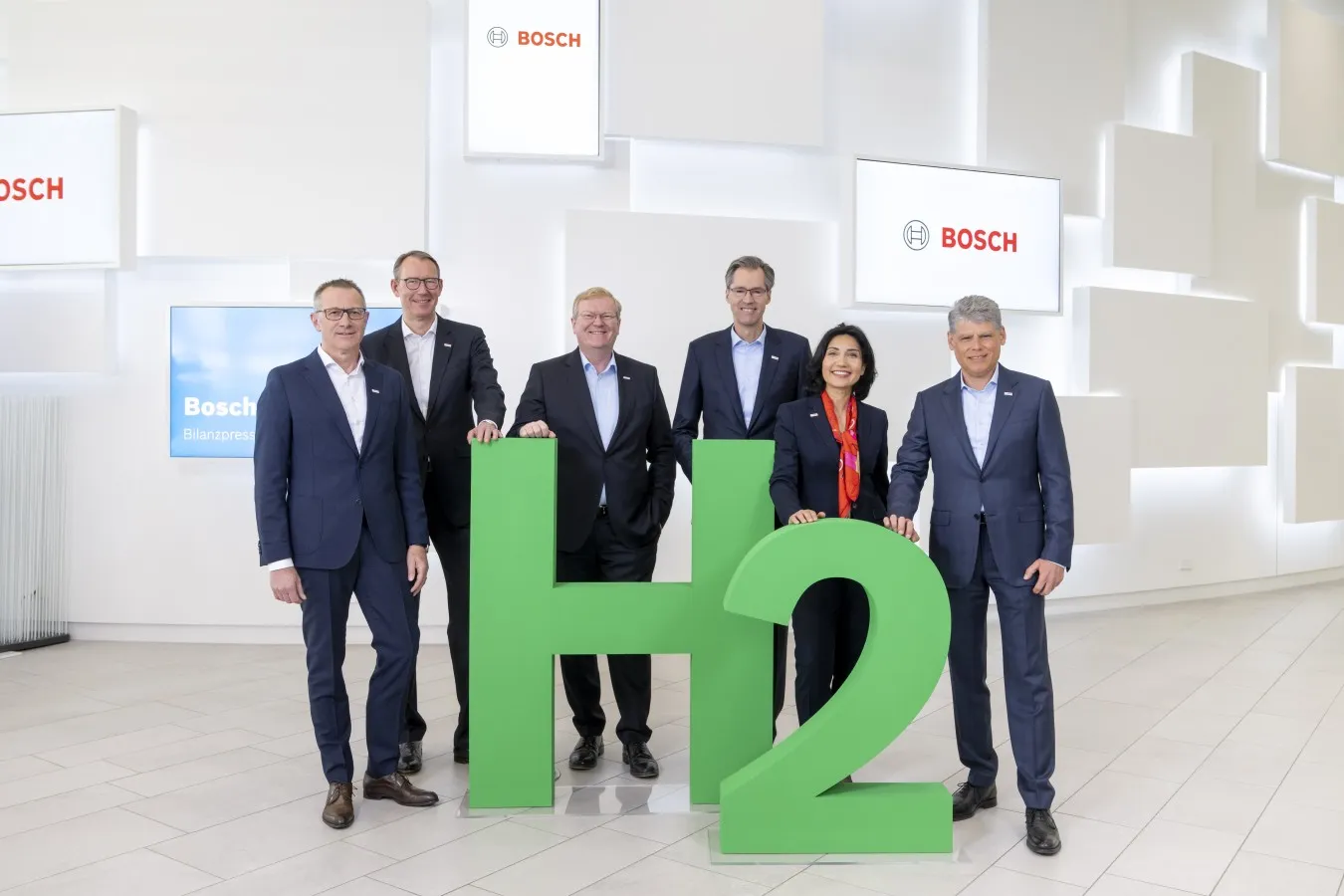The Tesla 3 gets nearly double the range of the Nissan Leaf by using nearly double the amount of battery but engineers are using a multitude of work rounds to do better: aerodynamics, light-weighting even including structural electronics where dumb structure is replaced by supercapacitors or solid state batteries. Add more efficient motors and powertrain, says Dr Peter Harrop, chairman of IDTechEx Research in its report Industrial and Commercial Electric Vehicles on Land 2016-2026.
He goes on to say that
June 23, 2016
Read time: 2 mins
The Tesla 3 gets nearly double the range of the 838 Nissan Leaf by using nearly double the amount of battery but engineers are using a multitude of work rounds to do better: aerodynamics, light-weighting even including structural electronics where dumb structure is replaced by supercapacitors or solid state batteries. Add more efficient motors and powertrain, says Dr Peter Harrop, chairman of 6582 IDTechEx Research in its report Industrial and Commercial Electric Vehicles on Land 2016-2026.
He goes on to say that fuel cell hybrids retain the cachet of most expensive solution with a long on-road charging time if you factor in the time to find that rarity, the hydrogen charger. Very long distance with large hydrogen tanks is impracticable.
However, IDTechEx believes that there is an excellent solution being proved for the long distance battery vehicle, starting with trucks. The battery does not expand to an unwieldy 400kWh.
A new dynamic charging approach was presented at EVS29 Canada by Patrik Akerman of189 Siemens. Dynamic charging is a term most often applied to coils in the road that charge the vehicle as it goes along but, as he pointed out, this has severe difficulties with roads wearing out early, safety and damage from vehicles and roadworks. Height variations, snow, dirt, cost and other problems have been cited by others. Following a study, Siemens has decided not to work on this. Akerman favours the elegant, affordable solution of intermittent overhead catenary at a mere Euros 2.2 million per kilometre for charging trucks on the move which means that they can still overtake (the old trolley buses could not).
The whole of Germany could be served in this way with only 400 km of catenary. The German authorities find it feasible and desirable. There are trials now in several other countries. Cost is a fraction of fuel cell and other alternatives: installation is easy. IDTechEx finds that inductive charging is great for the car at home and premium cars are adopting it.
IDTechEx believes that fuel cell vehicles will succeed in niche markets when attractive unique selling propositions are identified.
He goes on to say that fuel cell hybrids retain the cachet of most expensive solution with a long on-road charging time if you factor in the time to find that rarity, the hydrogen charger. Very long distance with large hydrogen tanks is impracticable.
However, IDTechEx believes that there is an excellent solution being proved for the long distance battery vehicle, starting with trucks. The battery does not expand to an unwieldy 400kWh.
A new dynamic charging approach was presented at EVS29 Canada by Patrik Akerman of
The whole of Germany could be served in this way with only 400 km of catenary. The German authorities find it feasible and desirable. There are trials now in several other countries. Cost is a fraction of fuel cell and other alternatives: installation is easy. IDTechEx finds that inductive charging is great for the car at home and premium cars are adopting it.
IDTechEx believes that fuel cell vehicles will succeed in niche markets when attractive unique selling propositions are identified.







